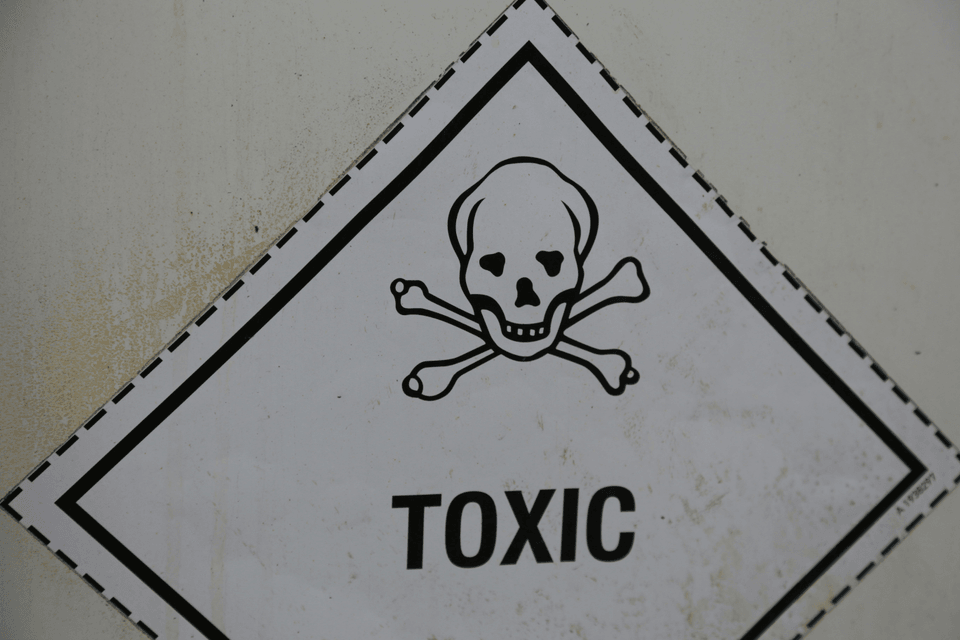
Harnessing Genetically Engineered Microorganisms for Plastic Degradation: Advancing Sustainable Environmental Solutions
The future of plastic degradation
Why is Plastic Degradation Essential for a Sustainable Future?
The Widespread Use of Plastic
Plastic is widely used because of its durability and low cost, but this also leads to a large amount of waste.
Global Plastic Usage:
- 500 Years: Estimated time for some plastics to decompose.
- 380 Million Tons: Plastic produced worldwide annually.
- 40%: Used for single-use packaging.

Environmental Threats
Plastic pollution has become a major threat to ecosystems around the world due to its persistence and widespread accumulation.
- Marine Life Impact: Millions of tons of plastic enter the oceans each year, harming marine life through ingestion and entanglement. Animals like turtles, seabirds, and fish mistake plastic for food, leading to internal injuries, starvation, and death.
- Soil and Freshwater Pollution: As plastic breaks down into microplastics, these particles infiltrate soil and freshwater systems, contaminating the water we drink and the food we eat. Microplastics have been found in rivers, lakes, and even drinking water sources.
Human Health Risks
The pervasive presence of plastics in the environment has led to significant health concerns for humans.
- Microplastics in Food and Water: Microplastics have been detected in food sources like seafood, salt, and even drinking water. These particles, when ingested, may accumulate in the body and cause inflammatory responses.
- Toxic Chemical Additives: Plastics contain additives, such as phthalates and bisphenol A (BPA), that can leach into the environment and enter the human body through ingestion or inhalation. These chemicals have been linked to endocrine disruption, reproductive health issues, and developmental problems, especially in children
- Respiratory Risks: The burning or degradation of plastics releases toxic compounds like dioxins and furans, which are associated with respiratory issues and may increase the risk of cancer.
- Long-Term Health Effects: The full extent of long-term exposure to microplastics and plastic-related chemicals is still being studied. However, early research suggests potential risks to immune function, metabolism, and neurological health.
Innovation in genetically engineered microorganisms
Using genetic engineering techniques, we can develop new types of microorganisms to degrade plastics.

New methods of plastic degradation
Genetically engineered microorganisms can effectively decompose many types of plastics, reducing the burden on the environment.

Sustainable development
The microbial degradation of plastics enables the recycling of resources and promotes sustainable development.
How microplastics affect your health
MCB340 Assignment 3 - Xiuchen Lu




